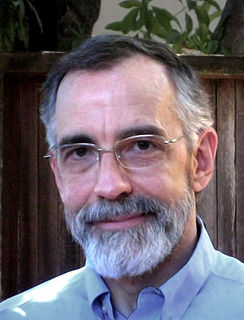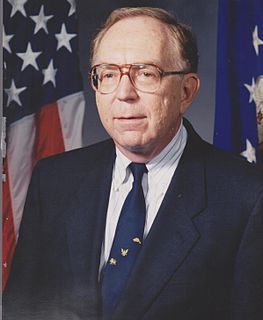A Quote by Alexei Panshin
I finished by saying that it struck me that all the ethical systems I was discussing were after the fact. That is, that people act as they are disposed to, but they like to feel afterwards that they were right and so they invent systems that approve of their dispositions.
Related Quotes
Many mammals and birds have systems for strong self-control, and it is not difficult to see why such systems were advantageous and were selected for. Biding your time, deferring gratification, staying still, foregoing sex for safety, and so forth, is essential in getting food, in surviving, and in successful reproduction.
I don't think I'm saying anything wrong. And that's just how I judge it. I believe it's not so much about the people, that's just my take. I think making it about people is the wrong way to do it. I think it's the systems. The systems are broken; the systems are what need to be fixed. I think there's bad people in every sector of America.
I'm not saying that you need a State Department that looks like the litigation department of a major law firm. But you need people who are not afraid to make the case for the United States, who are not afraid to stand their ground, not afraid to be isolated in international organizations when that's the correct approach for our diplomacy. This is a cultural change that has to be effected through incentive systems, promotion systems, career training systems. This is not something that you can do with the stroke of a magic wand, it's going to take years to make this change.





































